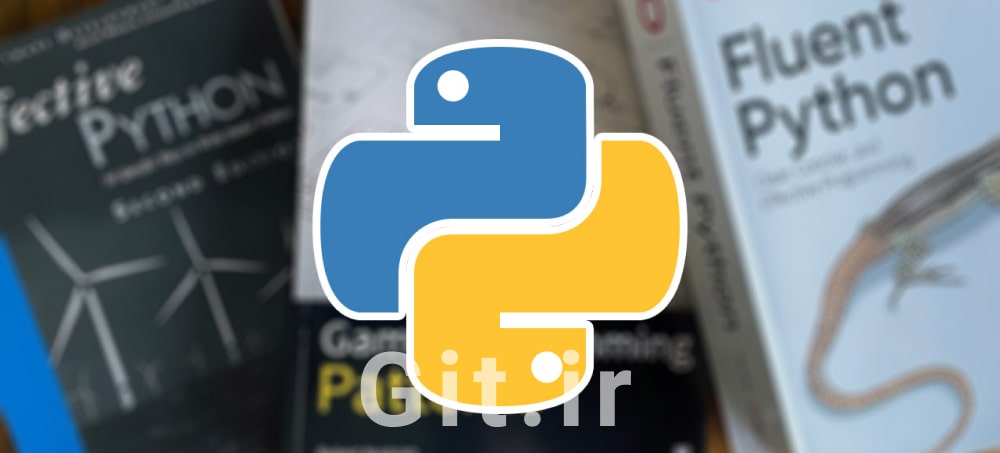10 Essential Books for Learning Python: From Beginner to Advanced
What is Python?
Python is one of the most popular and powerful programming languages, known for its simplicity, readability, and versatility. Whether you’re a beginner or an experienced programmer, Python is a great choice for developing skills in web development, data science, artificial intelligence, and automation. If you want to become proficient in Python, reading the right books can fast-track your learning journey. In this article, we introduce 10 essential books that will guide you from a beginner to an advanced Python programmer.
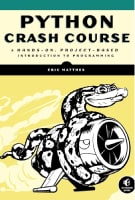
1. Python Crash Course by Eric Matthes
This book is a best-seller designed for newcomers to programming. It’s divided into two main sections: the first covers Python basics such as variables, functions, loops, and classes, while the second includes hands-on projects like game development and web applications. With numerous exercises throughout, it’s an effective way to practice and solidify your learning. Real-world projects at the end of each part also help reinforce your skills.
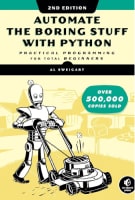
2. Automate the Boring Stuff with Python by Al Sweigart
This book is perfect for beginners who want to learn Python through practical applications. It teaches how to automate everyday tasks like organizing files, sending bulk emails, and creating bots using simple Python code. Each chapter comes with easy-to-implement projects, making this book not only a learning tool but also a practical guide for solving real-life problems.
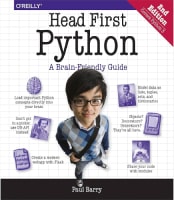
3. Head-First Python by Paul Barry
Known for its visual and interactive approach, "Head-First Python" uses images, charts, and interactive exercises to explain complex concepts in a fun way. The initial chapters cover Python basics, such as variables, functions, and loops, gradually advancing to topics like web programming and databases. This book is ideal for visual learners who find traditional methods less engaging.
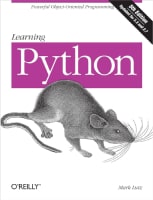
4. Learning Python by Mark Lutz
Considered a comprehensive and classic resource, this book is an in-depth guide to Python programming. From basic syntax and data structures to more complex topics like modules, classes, and exception handling, "Learning Python" covers it all. It provides practical exercises and diverse examples to help you gain a deep understanding of advanced topics and master the language.
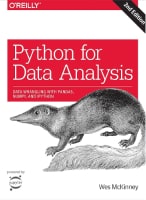
5. Python for Data Analysis by Wes McKinney
Written by the creator of the Pandas library, this book is tailored for those interested in data science. It introduces powerful tools like Pandas, NumPy, and Matplotlib, guiding you through practical projects that demonstrate how to analyze data and create visual reports. If you're passionate about data analysis and working with large datasets, this book is a great fit.
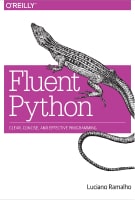
6. Fluent Python by Luciano Ramalho
This book is aimed at programmers who are already familiar with Python basics but want to elevate their skills. It covers topics such as memory management, metaclasses, and concurrent programming in great detail. Each chapter helps you write more efficient code and fully utilize Python’s capabilities. For advanced users looking for a deeper understanding of Python, this is an ideal resource.
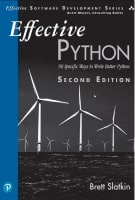
7. Effective Python: 90 Specific Ways to Write Better Python by Brett Slatkin
Featuring 90 tips and best practices, this book helps you improve your coding style and write cleaner, more optimized Python code. Each tip is backed by real-world examples, allowing you to learn new techniques and adopt professional programming habits. It’s perfect for experienced developers looking to refine their skills and write more efficient code.
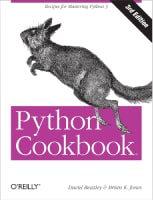
8. Python Cookbook by David Beazley and Brian K. Jones
"Python Cookbook" is like a quick reference guide, offering practical solutions to common programming challenges in Python. Each chapter addresses specific problems you might encounter in your projects, providing quick and efficient solutions. It’s a great resource for developers seeking quick fixes for complex issues.
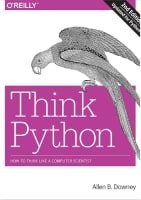
9. Think Python: How to Think Like a Computer Scientist by Allen B. Downey
This book is designed for beginners who want to learn the fundamentals of programming from a scientific and logical perspective. Starting with the basics, it gradually moves on to topics like recursion and data structures. Through simple examples and clear explanations, it helps you think like a computer scientist while mastering programming concepts.
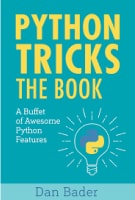
10. Python Tricks: A Buffet of Awesome Python Features by Dan Bader
This book offers a collection of practical Python tips and tricks that can take your programming skills to the next level. With real-world examples and easy-to-follow explanations, you’ll discover new Python features and learn how to apply them to your own projects. It’s an excellent resource for anyone looking to sharpen their skills and learn handy Python tricks.
Conclusion
Each of these books offers valuable insights and practical knowledge for mastering Python, whether you’re a beginner or an advanced programmer. By reading these books and practicing regularly, you’ll enhance your skills and thrive in the world of programming.
Please Log in to leave a comment.
